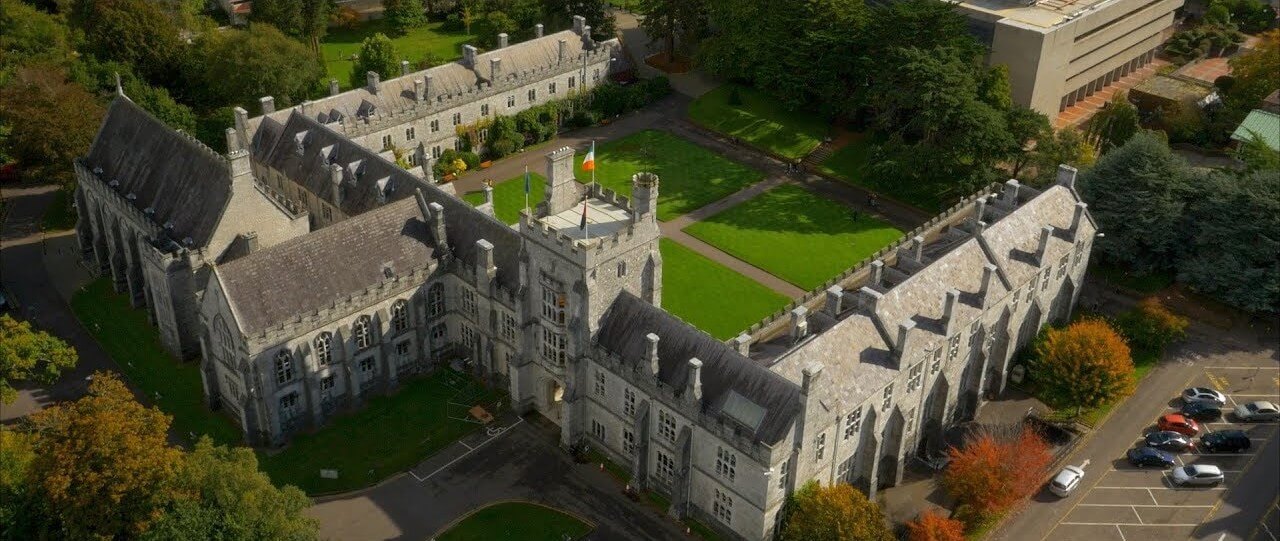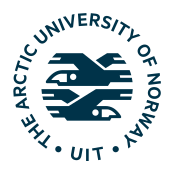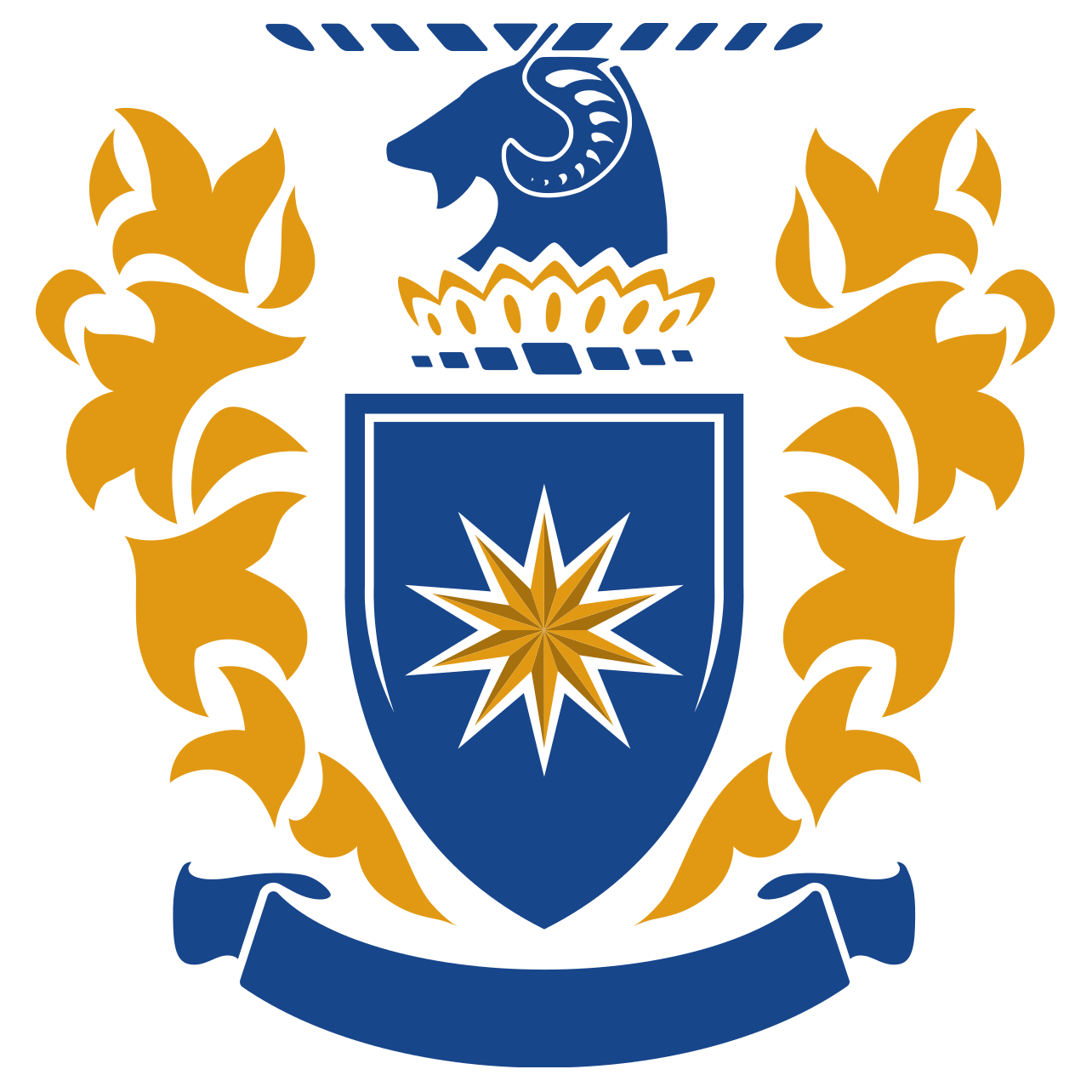Students take core modules to the value of 80 credits as follows:
SX6011 Sports Injuries I (10 credits)
SX6012 Sports Injuries II (10 credits)
SX6010 Exercise, Physiology & Prescription (10 credits)
SX6013 Exercise as Medicine (Chronic disease management) (10 credits)
SX6014 Health promotion strategies (5 credits)
SX6019* Research Methods in Sports and Exercise Medicine (5 credits)
SX6015 Dissertation in Sports & Exercise Medicine (30 credits)
*In Accordance with UCC`s policy for Recognition of Prior Learning students who have completed a relevant University research methods module, at a similar NFQ level, do not have to complete SX6019 upon documented evidence that the module has been taken within the last 5 years.
Students take elective modules to the value of 10 credits (15 credits if not taking SX6019 as core) over two years, from the following:
SX6016 Advanced Rehabilitation for Injuries (5 credits)
SX6017 Team Medicine (5 credits)
SX6018 Independent Study (5 credits)
SX6020 Standard Approach to Field Emergencies Level 2 (5 credits)
Note: A minimum of 5 students is required to run elective modules
Modules
Further details on modules can be found in our Book of Modules. Any modules listed are indicative of the current set of modules for this course but are subject to change from year to year.
University Calendar
You can find the full academic content for the current year of any given course in our University Calendar.
Course Practicalities
This programme is run part-time over 2 years or full-time over 1 year. Each year is run over 3 semesters. Modules are delivered in 2, 3, 4 or 5-weekday blocks, depending on credit weighting. There will be occasional Saturday morning sessions. Teaching is delivered through a combination of formal lectures, hands-on practical sessions, small group seminars, clinics and field trips, and will be delivered by lecturers who are highly experienced in their field. Up-to-date, evidence-based practice will be emphasised throughout, and the student’s contribution through discussion is key. This is a web-enhanced programme, where some course material is delivered online. Assessment is through written examinations, presentations, coursework such as essays and case studies, OSCE`s and the dissertation.
Full-Time Option:
The full-time MMedSc Sports & Exercise Medicine runs over one calendar year (12 months) from the date of first registration for the programme. Students take taught modules to the value of 60 credits incorporating approximately 300 hours of structured contact time provided face-to-face, via webinars or online (3-8 in-class days per month during term). Most classes are held in two-day, five-day blocks (weekdays). Students also undertake a research dissertation (30 credits) which is submitted at the end of the calendar year.
Part-Time Option:
The part-time MMedSc Sports & Exercise Medicine runs over one academic year (9 months/Year 1) and one calendar year (12 months/Year 2), 2 years in all from the date of first registration for the programme. Students take 60 credits of taught modules over two years. Students must take a minimum of taught modules to the value of 30 credits, to include modules SX6010, SX6011 and SX6012 in Year 1. Most classes are held in two-day five-day blocks (weekdays), depending on credit weighting. Students also undertake a research dissertation (30 credits) which is submitted at the end of the calendar year, in Year 2.
Show less












